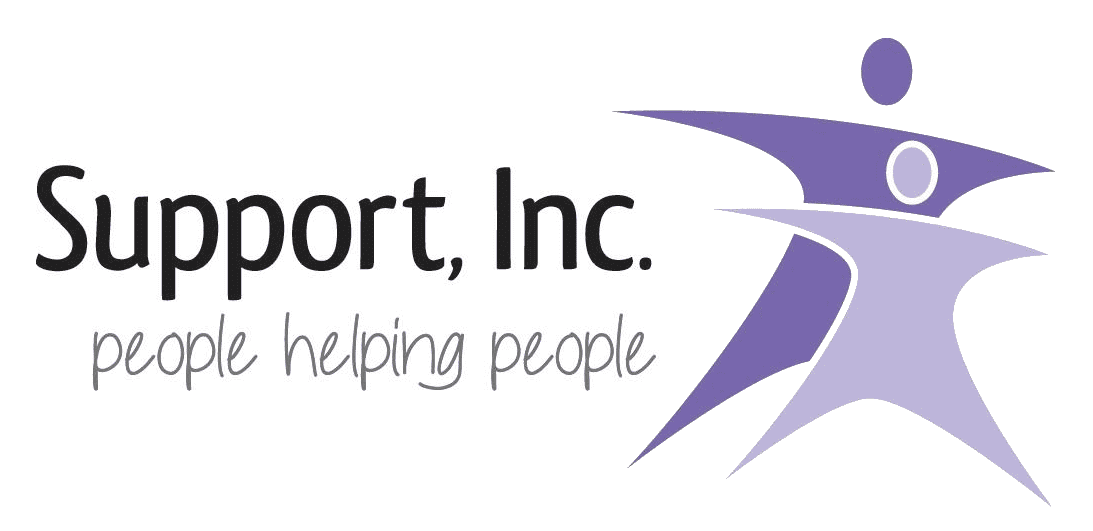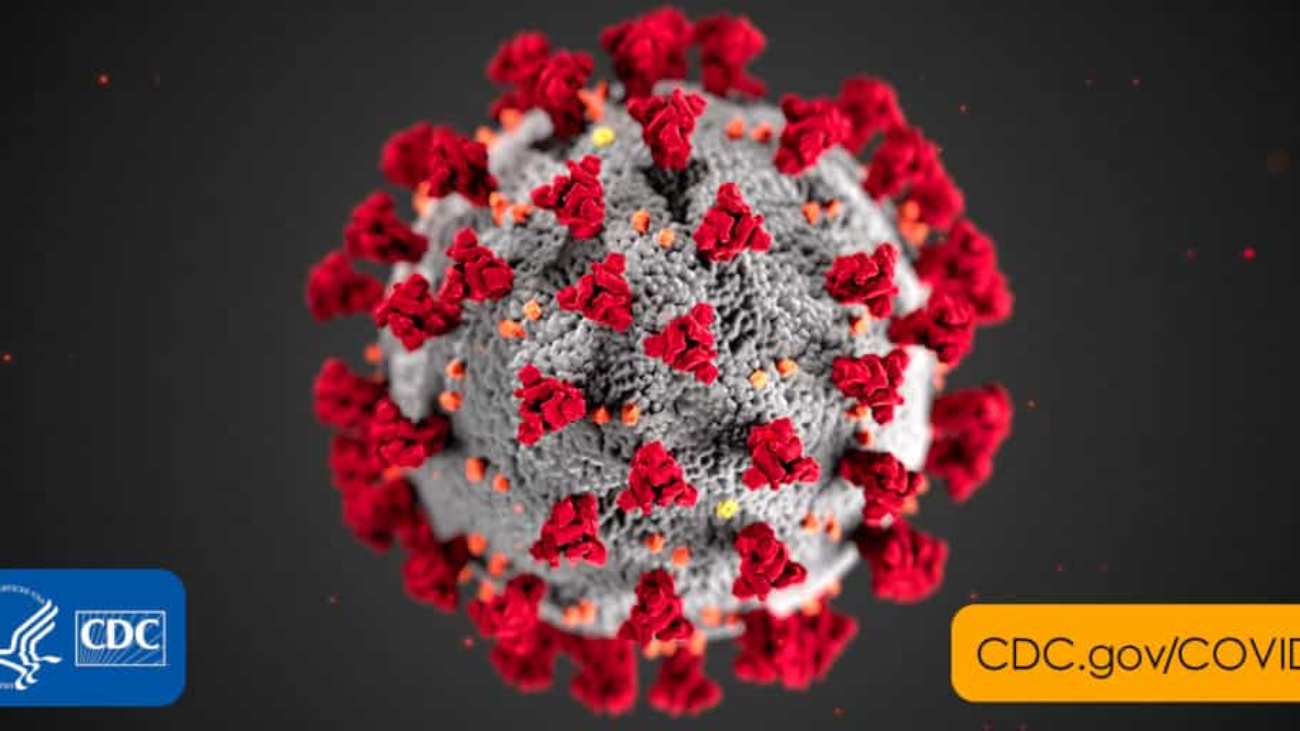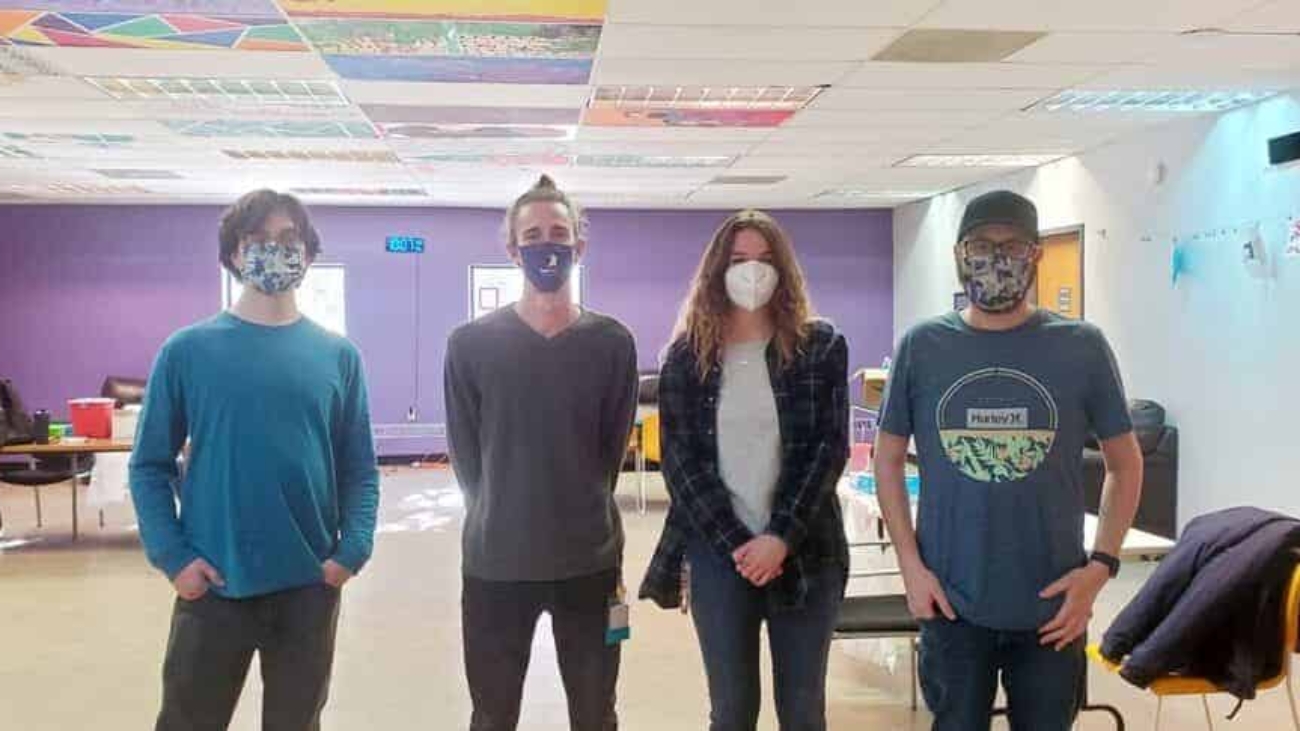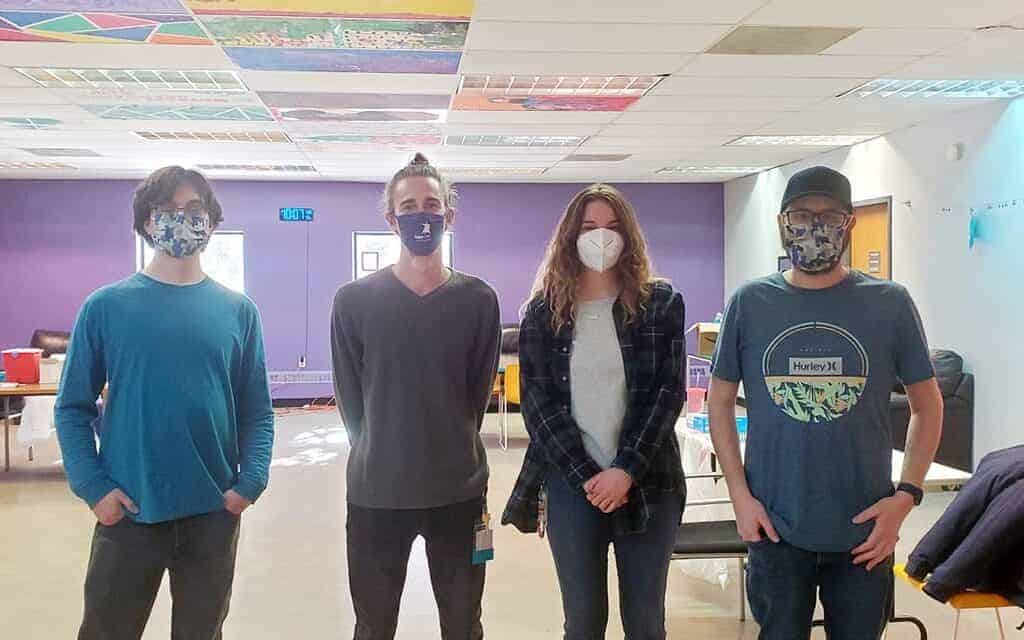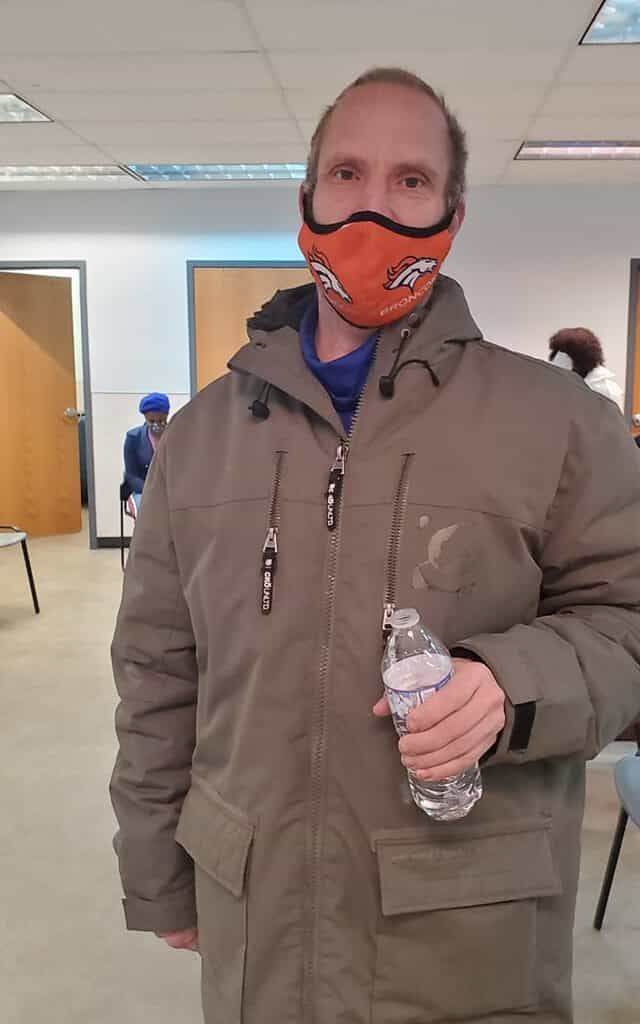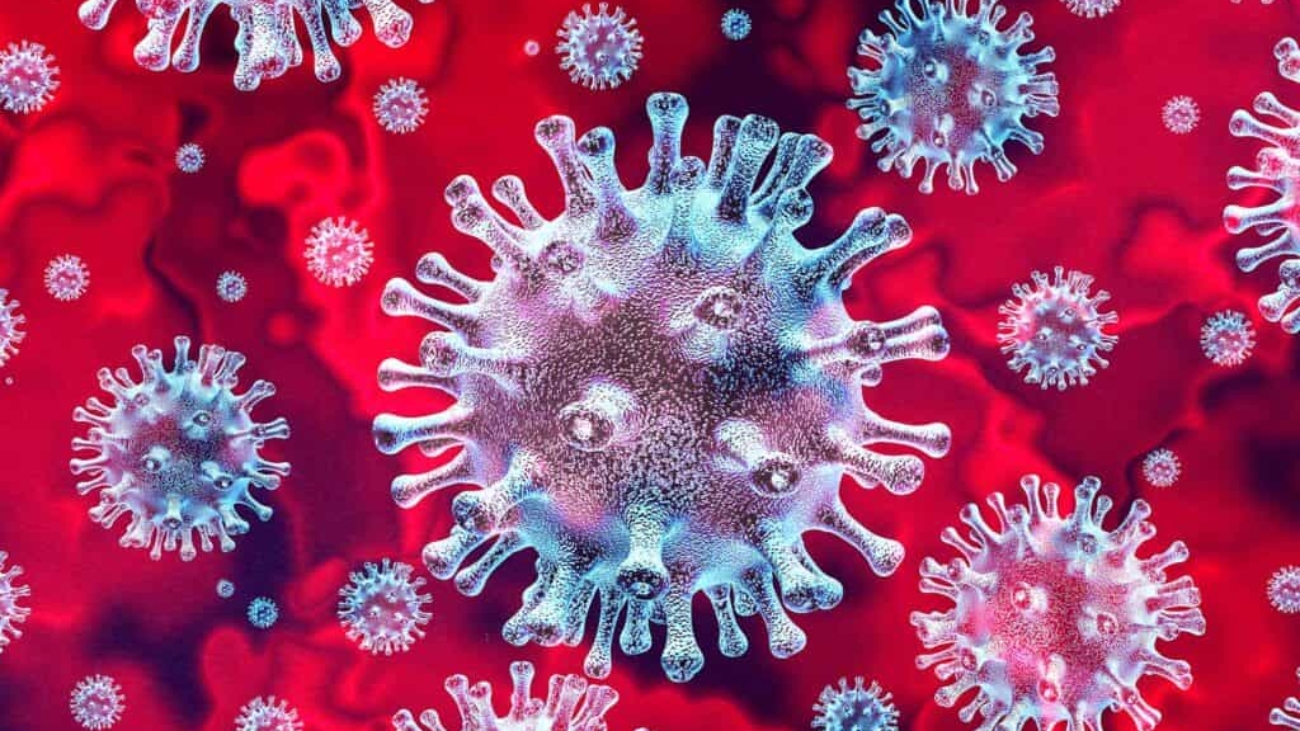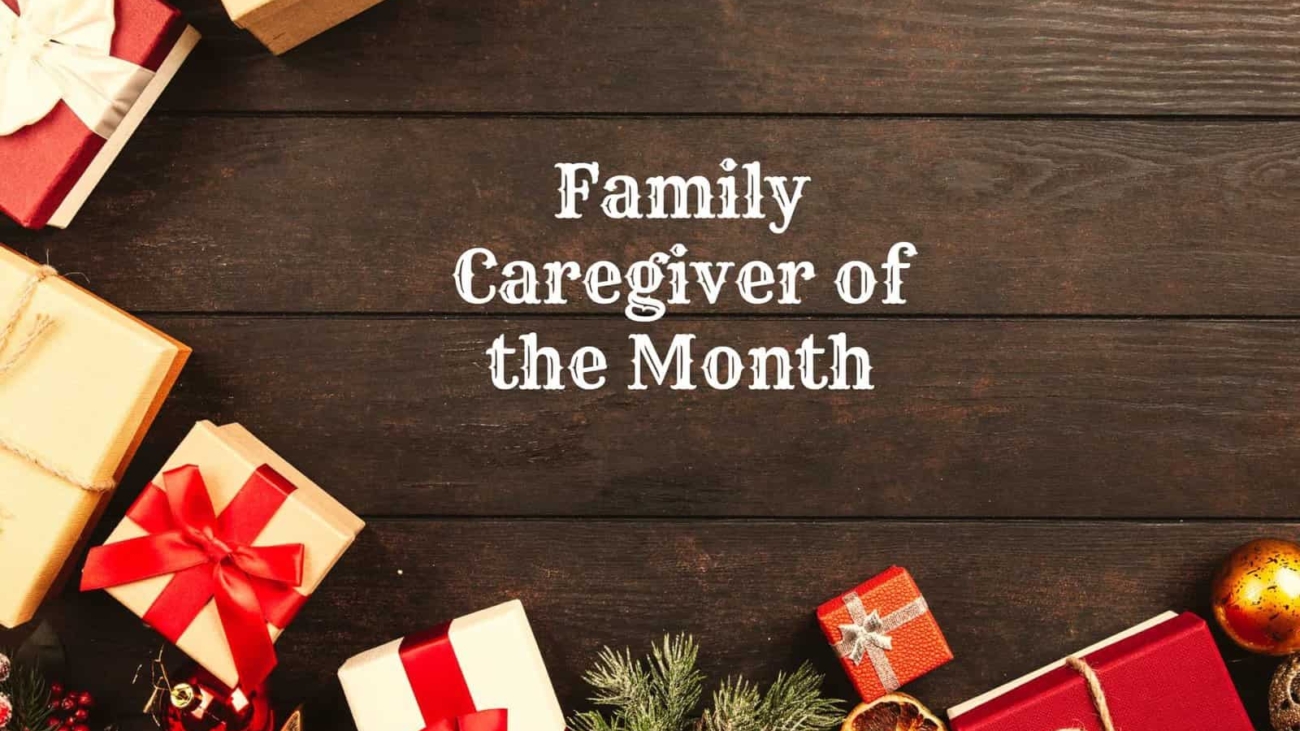August 16, 2021
To all Support, Inc. Staff, Providers and Families:
We continue to
monitor the spread of COVID-19, including the Delta variant, in our
communities. We have updated our operating protocol to require all employees, providers,
and participants to wear a mask or face covering. Please continue reading for
more information.
In this communication we will cover the following:
- COVID-19 Delta variant, what we know
- Support, Inc.’s COVID-19 Operating Protocol Updated 8/16/21
COVID-19 Delta variant, what we know
The Delta variant is the predominate strain of the COVID-19 virus circulating in the United States. This prompted the CDC to give updated recommendations regarding mask wearing for all people, regardless of vaccination status, in areas where there is substantial to high transmission rates. The CDC was prompted to make these changes as the United States 7-day moving average went from 12,000 reported cases in late June to 60,000 reported cases the week of July 27th. Additionally, new data began to come out showing the Delta variant is more infectious which leads to increased transmissibility even among those who have received the COVID-19 vaccine.
The Delta variant is
spreading faster and more easily between people than the variants we have seen
thus far throughout the pandemic. This
variant is nearly twice as contagious as previous variants of COVID-19. Early
data suggests the Delta variant causes more severe illness than other variants
of COVID-19 in those who are unvaccinated. As we have discussed in previous
communications, most vaccines, including the COVID-19 vaccines authorized in
the United States, are not 100% effective. This means even a fully vaccinated
person can contract COVID-19, including the Delta variant, these are called
break through infections. However, evidence continues to show the COVID-19
vaccine to be highly effective, , in preventing severe disease and death from
COVID-19 including the Delta variant. Breakthrough cases in fully vaccinated
people happen much less frequently than infections in unvaccinated people. Unvaccinated
people are far more likely to contract and spread COVID-19 including the Delta
variant. Fully vaccinated people are likely less infectious for less time than
unvaccinated people.
Previous variants of
COVID-19 produced less virus (or a lower viral load) in the body of infected
people who have been fully vaccinated. In contrast the Delta variant seems to
produce the same high amount of virus in both unvaccinated and fully vaccinated
people. However, the viral load produced by Delta breakthrough infections in
fully vaccinated people also goes down much faster than infections in
unvaccinated people. Individuals infected with the Delta variant including
fully vaccinated people with symptoms can transmit to others. The CDC is
working to assess if fully vaccinated people who are asymptomatic are able to
transmit the Delta variant to others. The greatest risk of transmission is
among unvaccinated people who are much more likely to contract COVID-19 including
the Delta variant and therefore are more likely to transmit the virus as well
as experience severe illness and hospitalization.
The COVID-19 vaccine
continues to provide the strongest protection against serious illness and
death. Vaccines have played a crucial role in limiting the spread of COVID-19
and minimizing severe disease and strain on hospital systems. Low vaccination rates
in some communities have caused rapid surges in cases associated with the Delta
variant. This also increases the chances that new and even more concerning
variants could emerge.
If you haven’t received the COVID-19 vaccine, it’s not too late to do so. There are many opportunities across the state to get the COVID-19 vaccine. If you need assistance finding or scheduling your COVID-19 vaccine, please reach out to your supervisor or residential program coordinator to help.
Support, Inc.’s COVID-19 Operating Protocol Updated 8/16/21
Beginning Monday August
16th our updated COVID-19 operating protocol goes into effect. Masks
or face coverings are required by all employee’s, contractors, and individuals
in our office, during in-person visits and during day services. Administrative
office staff will continue to work from home when possible. We will continue to
do symptom screening prior to service delivery or in-person contact.
This update will allow us to continue to operate and provide our essential services including day program, in-person home visits and pother in-person contacts while ensuring the health and safety of our employees, individuals served and providers.
If you have any questions, please do not hesitate to reach out to myself or your supervisor. We will continue to provide updates through email, our website and our Facebook page.
